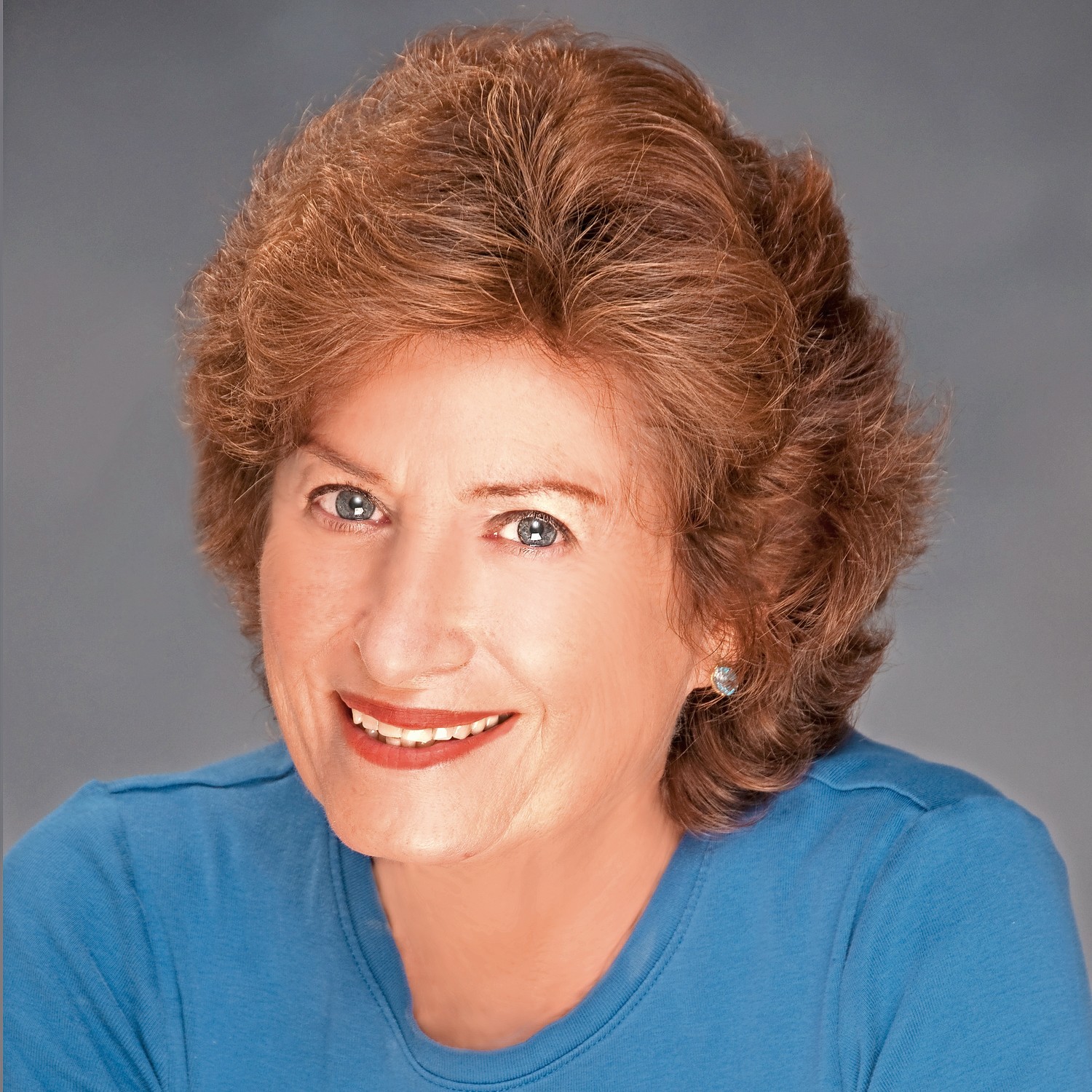Summer reading: To escape or go deep?
Of course, we must have a summer to take up the subject of summer reading. Which reminds me of a great book about Krakatoa, which was blown to oblivion in 1883 when a volcano erupted, creating what became known as the year without a summer. The book “Krakatoa: The Day the World Exploded,” by Simon Winchester, explains that the massive volume of debris thrown into the atmosphere darkened the world for months, not just in Indonesia, but around the globe.
Anyway, what I was saying is that we’ve had plenty of chill winds this spring, but the days ahead look promising. If you’re still in indoor mode, you might pick up Winchester’s book and commiserate with the millions of people in the 19th century who lived in the shade of Krakatoa.
I would put that book in the category of “escape,” and I would add a few to the list for those reading to run away. Heaven knows, many of us have our traveling pants on. I feel as if I could become one of those people who eventually combusts from the pressure of awful news in the world and starts screaming at the TV or running down the street with my hair on fire. When I was a kid, my escape from stress was reading, and it still is. Still, it’s so hard to concentrate when I see with my own eyes glaciers the size of Rhode Island breaking off the Antarctic continent.
But we must persist. Add to the escape literature a blockbuster by a prince of a guy, Harry, the Duke of Sussex. He narrates “Spare,” the audible version of his memoir, in a warm and ironic voice. His tone is intimate and his affect is humble. The royals are an endless source of skullduggery and palace intrigue. This book is infused with tasty morsels of delicious gossip.
Also, pick up “Priestdaddy,” by Patricia Lockwood, the comic memoir of her childhood in a rectory as the daughter of a priest. She uses her own life as copy, and she gets why it would be an entertaining subject even for those of us whose fathers aren’t priests but just fathers.
If distraction and escape aren’t possible, if you’re too consumed by the political and cultural moment, then just give in and read deeply and widely so you can broaden your base of information and at least understand why the world is going to hell.
I’m leaning toward nonfiction and short stories these days. Try “The Great Leveler,” by Walter Scheidel. In this well-reviewed nonfiction book, he argues that only catastrophes like pandemics and great, violent upheavals like world wars can ever address economic inequality. Hey, you’re depressed anyway — might as well be educated as to why.
“The Soul of America,” by the great Jon Meacham, is a glorious history that basically asks, over many illuminating pages: How do we save our democracy?
“The Naked Don’t Fear the Water,” by Matthieu Aikins, is a timely and telling nonfiction account of an American soldier who goes back to Afghanistan after the war. His mission is to find the man who worked with him in country and help him escape.
“Tenth of December,” on the other hand, is both escapist and deep. The short stories by George Saunders — author of the popular and weird “Lincoln in the Bardo” — are challenging, but you can do it. They require concentration and focus, and that’s a good thing, because it means you may be able to tune out the news. I can’t begin to explain the stories; they defy summarizing. But I urge you to read them and absorb what Saunders has to say about our American culture.
Finally, you can read any number of books about the rise of Donald Trump, the end of civility in America, the undermining of our democracy and the threat of totalitarianism. But if you truly want to examine the real possibilities of the past serving as prologue to the present, try a nonfiction masterpiece, “Hitler,” by Ian Kershaw. One critic called it “mesmerizing,” and said that what was most amazing was the number of opportunities when Hitler might have been stopped in his mad rise to power. Nuf said.
Copyright 2023 Randi Kreiss. Randi can be reached at randik3@aol.com.

 41.0°,
Fair
41.0°,
Fair 




